
Family is everything. And when a loved one goes missing, it's near impossible to move on with our lives. The tragedy is way too familiar to Li Jingzhi and Mao Zhenjing, a Chinese couple who was forced to deal with the disappearance of their two-year-old son. The incident happened in the city of Xi'an, in the late '80s, back when China's strict one-child policy was in rule.
Over 30 years later, an innovative government program known as "Reunion" gave Li Jingzhi and Mao Zhenjing new hope of finding their long-lost son. But were they going to be able to track a boy who had been missing for so long? This is the inspiring tale of a Chinese couple who never gave up trying to look for their lost son, and who received some much-deserved closure in the end. But there's more to this unique story of relentlessness, hardship, and determination than what first meets the eye.
A Newborn Baby
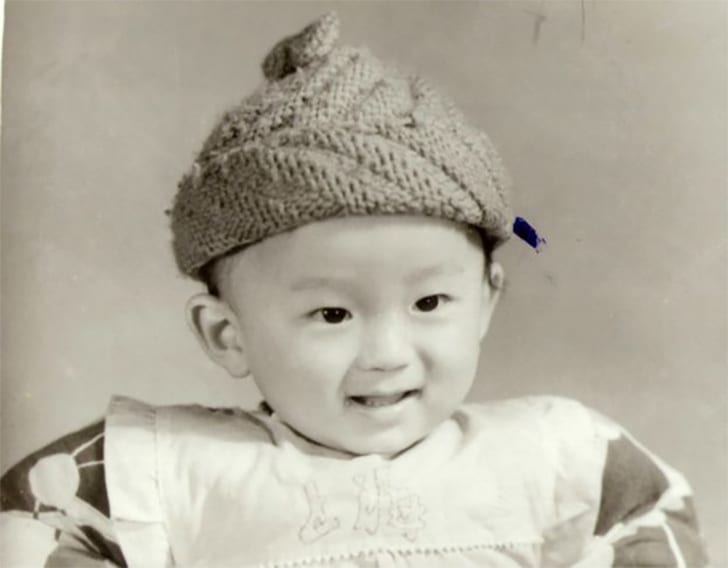
Li Jingzhi and Mao Zhenjing could never have guessed that their lives would forever be changed by a moment of distraction. Back in the mid-'80s, they were a young couple living in Xi'an, the capital of the Shaanxi province in China. All they wanted was to raise a family and be happy together.
Their plan was only missing one key element: a baby. When the little Mao Yin was born, they felt like they were finally ready to embrace family life. But their newfound sense of happiness was way briefer than they initially thought possible.
The Moment
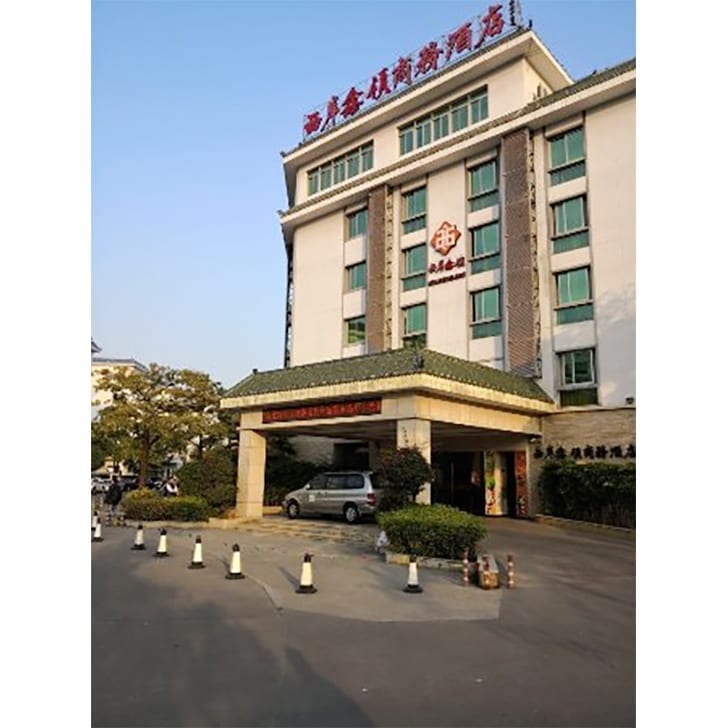
In 1988, near the Jingling Hotel, in Xi'an, Mao Zhenjing watched over his two-year-old son when the kid became thirsty. The hotel seemed like a nice place, and he knew it would only take him a couple of minutes to go and fetch some water. And so unfolded something he'd regret for the next 32 years of his life.
Not knowing what was coming for him, Zhenjing left his baby unwatched for just two minutes to go and buy some water. But when he got back to his son, he realized Mao Yin was no longer there. Without leaving any trace, someone had taken the little boy.
A Father's Worst Nightmare
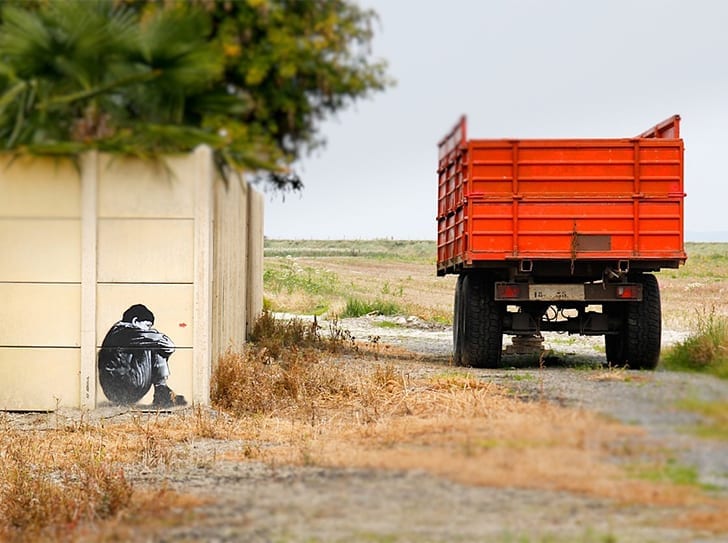
Ask any parent: nothing will haunt you like the possibility of losing your child. And in the China of the late-'80s, the scenario was even more daunting. Mao Zhenjing will always blame himself for that split second in which he decided to leave his two-year-old son unattended to go and fetch some water.
And can you imagine how horrible it must've been to tell the sad news to little Mao's mother? Li Jingzhi was a loving young mom who wanted nothing but the best for her son. She must've been crushed after finding out.
China's One-Child Policy
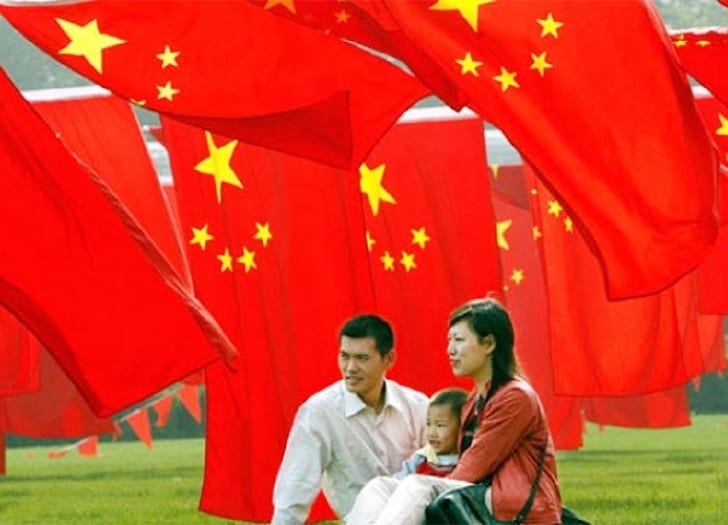
From 1979 to 2015, the Chinese government enforced a notorious birth planning program known internationally as China's one-child policy. This was meant to control the rapidly growing population of the country but was naturally in the origin of multiple social issues.
Despite the one-child policy strongly reinforced by the authorities, China was still a country where many kidnappings took place. Most of the kids stolen ended up being sold, enslaved, or worse. To little Mao Yin's parents, this only made the situation even more horrible: had their sole son ended up in the hands of the cruel human traffickers?
Staying Positive & Fighting Back
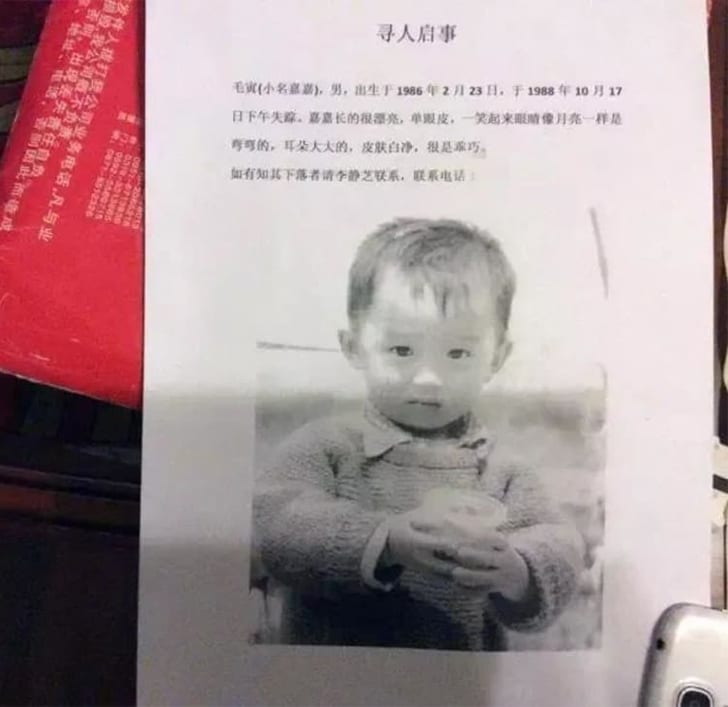
Despite the horror of having to deal with a missing child, Li Jingzhi wasn't going to give up. She knew there was still hope for the little Mao Yin, and she did everything she could to get her son back. She started distributing fliers all around, and she's said to have printed over 100,000 "missing child" posters while looking for her son.
Despite all of the sadness that took over Li Jingzhi and Mao Zhenjing, there was no point in crying endlessly. The young Chinese couple was determined to find their son. But was their determination going to pay off?
A Nationwide Search

Just so you can understand the task Li Jongzhi and Mao Zhenjing had in hand, you need to consider China's greatness. We're talking about a vast country, with the world's largest population. Finding a missing baby in China is a little bit like finding a needle in a haystack, except it may be even harder!
But that wasn't going to shake Li and Mao's determination. After looking for little Mao all over Xi'an, they decided to start a nationwide search and followed up to 300 different leads from citizens and the Chinese authorities. And at a certain point, they thought they had found their son.
A False Call

At one point, Li and Mao thought they were going to find their baby. According to the BBC, the Chinese couple was filled with hope when following a particularly hopeful lead. But their premature happiness was immediately transformed into hopelessness when they discovered this new promising lead was nothing but a false call.
Life wasn't being kind to Li and Mao. But they were still not ready to give up. After over a decade of looking for their missing son, the Chinese couple was still going at it. And in 1999, Chinese TV was finally ready to lend a helping hand.
A High-Profile Missing Child Case
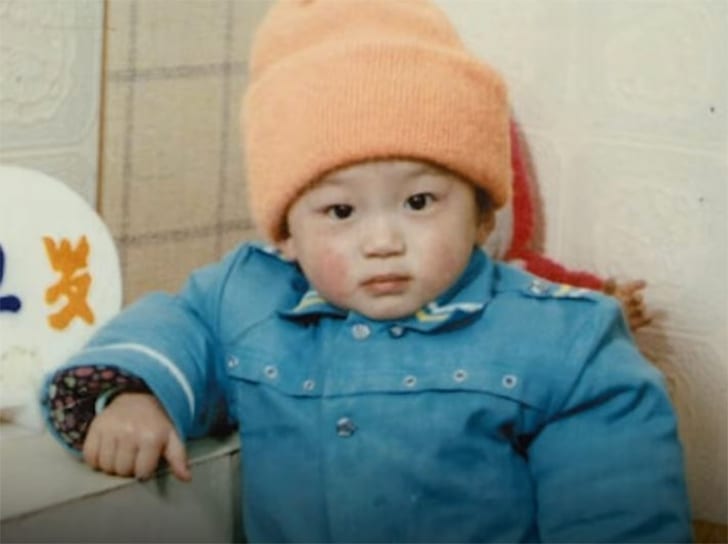
It took Chinese media 11 years before finally helping Li and Mao to find their son. Starting in 1999, pictures of the little Mao Yin started being shared all over the news, and the missing kid even appeared in popular TV shows, such as the Chinese version of The X-Factor.
Before that, Mao Yin's story was so uncommon that it never went past the local newspapers. But with the turn of the millennium, Chinese authorities were starting to focus more and more on social issues, such as the grotesque number of missing kids in the country.
The Quest of a Lifetime
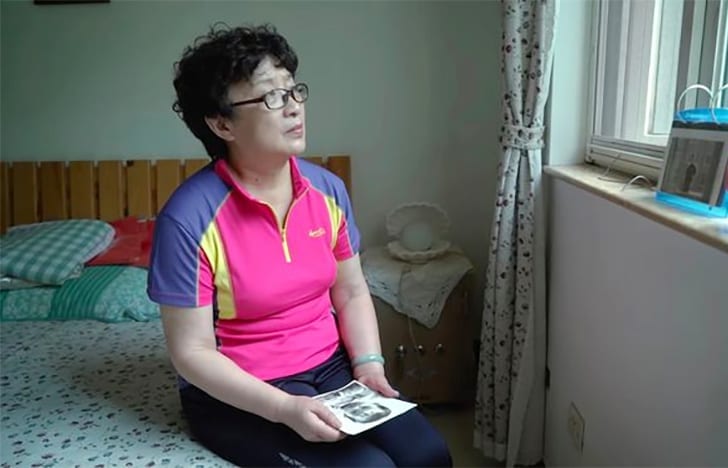
Trying to find a missing child in a country like China is the quest of a lifetime. But Li was so determined to find her beloved little Mao that she decided to quit her job early on. It goes without saying: if it weren't for Li and Mao's relentlessness, we would not be writing these words right now.
According to a 2015 study, human trafficking is a significant issue in China, with an estimated 20,000 children disappearing every year. But, just like Li and Mao, the Chinese government has been trying to fight back and tackle the issue to the best of its ability.
Finding Collective Solutions
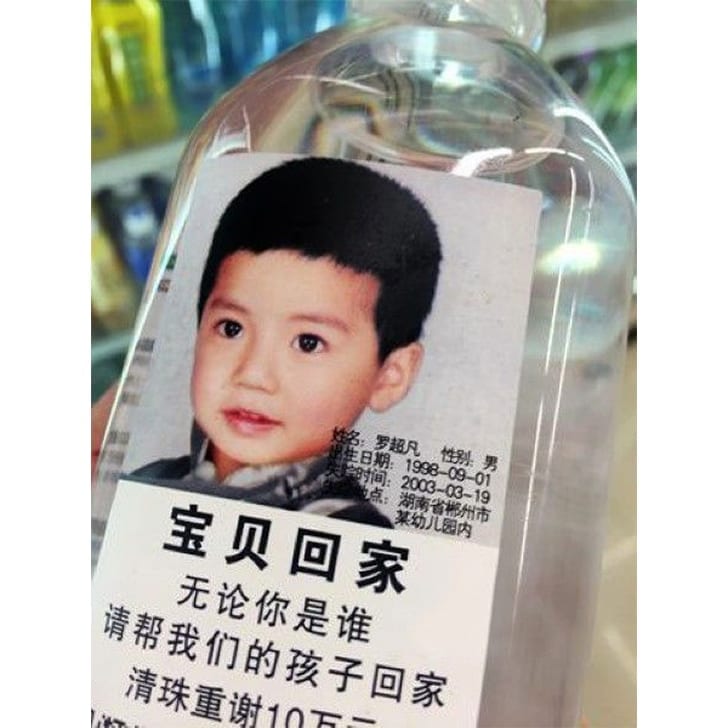
Soon enough, Li Jingzhi realized she wasn't alone in her quest for closure. Like herself, thousands of Chinese families were trying to find missing loved ones. In 2007, she joined an organization called "Baby Come Home," which has been doing a great job tracking down missing children all over the country.
But that wasn't all. With the Chinese government trying to help, organizations like "Baby Come Home" were given access to a DNA database established by the Ministry of Public Security in 2009. So far, this DNA database is said to have been responsible for tracking over 6,000 missing kids in China!
A Grassroots Movement
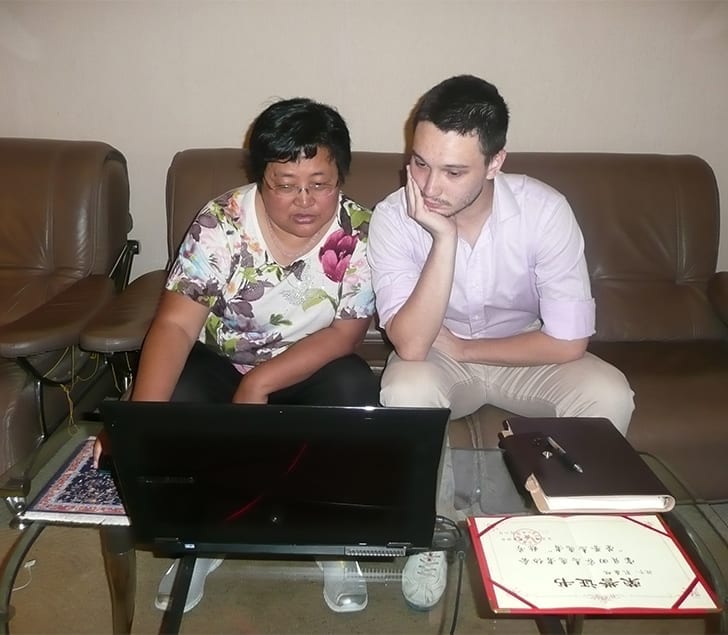
The "Baby Come Home" organization may only be a grassroots movement, but it's filled with incredibly determined people. With the help of James Kong, a British-raised activist who's best known for being a direct descendant of the great Chinese philosopher, Confucious, "Baby Come Home" is trying to convince parents with adopted children to submit DNA samples to a common database.
Their goal is not to separate these parents from their adopted children, but rather finding the truth about their possible origin. Active for over ten years, the "Baby Come Home" organization has recently been given new hope. All because of Chinese technology...
The Advent of Chinese Technology
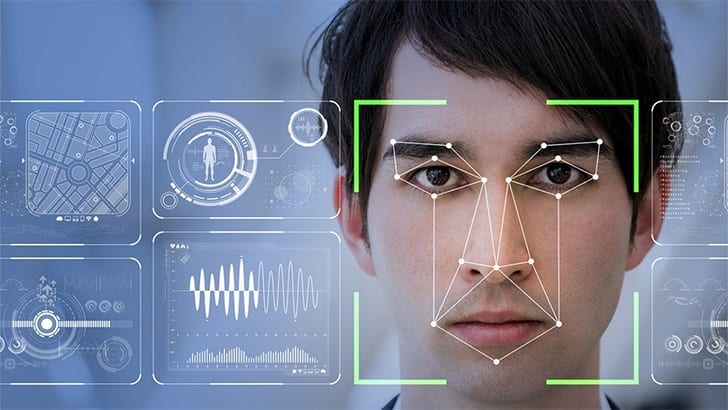
When we think of China, we don't necessarily think of cutting-edge technology. We know and respect China for the ancient history, the strength as a people, and the unique manufacturing abilities. But in recent years, the Chinese government is making some bold moves when it comes to Artificial Intelligence, electric cars, and facial recognition.
While some foreign governments have expressed concerns about China's use of facial recognition, which is believed to be a way of controlling and surveilling the population, China has shown that facial recognition can do some good.
Facial Recognition Done Right
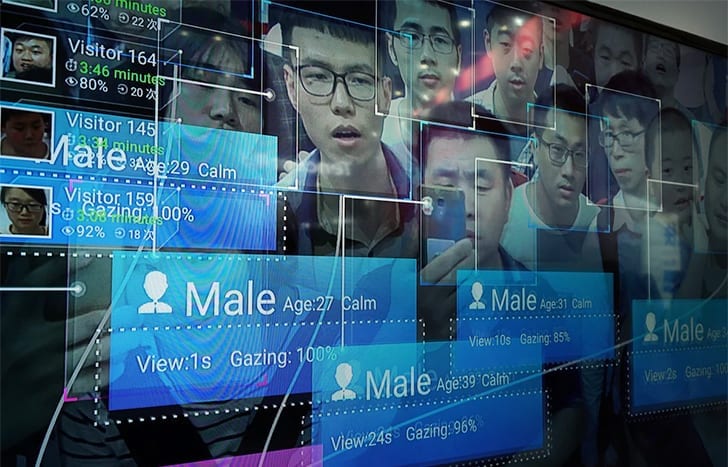
The Chinese government has been investing heavily in facial recognition technology, much to the astonishment of the rest of the world. While some critics believe China is trying to control its population further, there's no doubt there are some upsides to China's facial recognition.
But has this anything to do with little Mao Yin's disappearance? Well, it turns out a facial recognition program called "Reunion," which has been put into practice since 2016, is helping many parents in China to reunite with their missing loved ones. But can "Reunion" assist Li Jingzhi and Mao Zhenjing in their decades-long quest to finding their son?
How "Reunion" Works
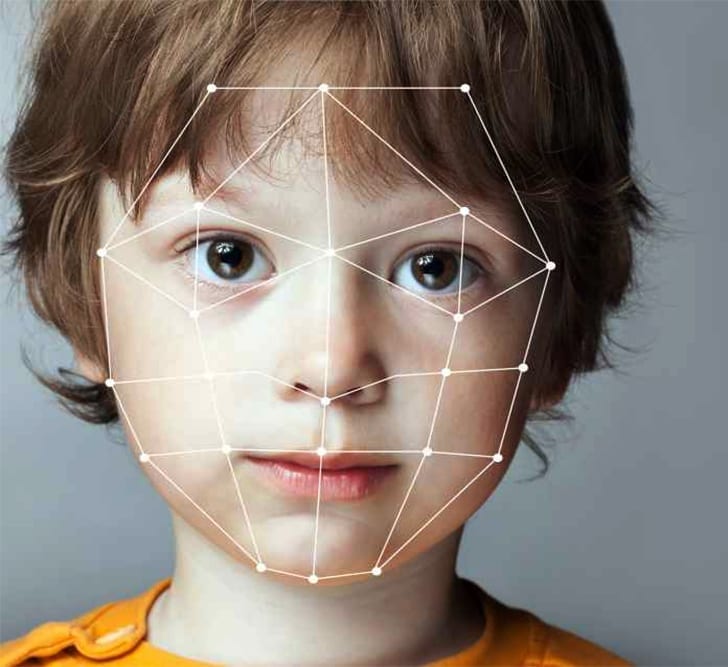
"Reunion" has been one of the world's most successful programs for locating missing children. According to Gong Zhiyong, who works in the Ministry of Public Security's Criminal Investigation Bureau, "Reunion" has been responsible for solving 4,385 out of 4,467 missing children cases. A remarkable success rate!
But how does it work? The main thing about "Reunion" is that it can analyze the face of a young boy or baby and determine how his/her adult face would look like. Then, this simulated face runs through China's substantial national database. If there's a match, the people behind "Reunion" have immediate access to it.
It's a Match!
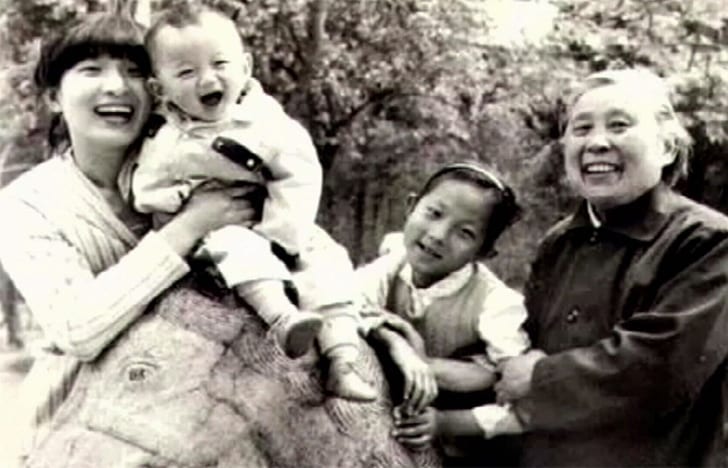
Over 30 years after being separated from her son, Li Jingzhi was finally given a glimpse of real hope. "Reunion" helped to track a man who looked exactly like the simulated adult version of the little Mao Yin. And everything seemed right about him.
He was the right age, he lived in a nearby province, and, quite naturally, he even looked a lot like the little Mao Yin! Li Jingzhi and Mao Zhenjing were ecstatic. After hundreds of leads, over 100,000 missing child fliers, and many false hopes, could it be that their three-decade-long suffering was about to end?
A Mother's Day Call
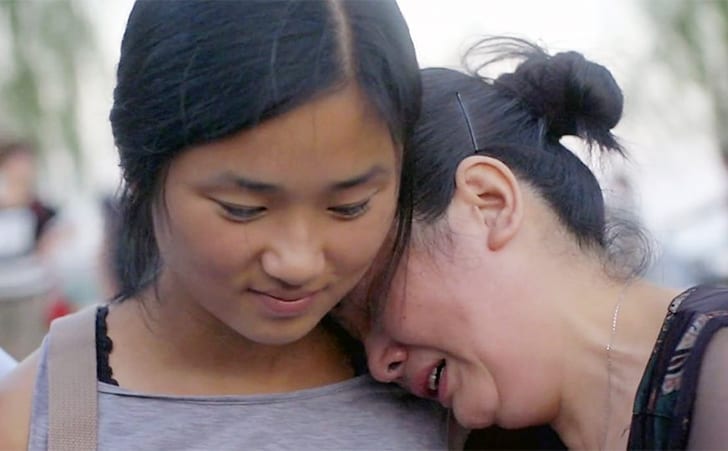
Mother's Day is celebrated all over the world, including China. But to Li Jingzhi, the holiday was nothing but a painful reminder of her beloved missing son. Just like the birthday of someone who passed, it was a day that filled her with nostalgia, but also with immense sadness.
However, was that about to change forever? On the second Sunday of May 2020, the day that the Chinese use for celebrating Mother's Day, Li Jingzhi was preparing to meet her son for the first time in over 32 years! But was it another false call, or was her nightmare finally going to be over?
An Emotional Reunion
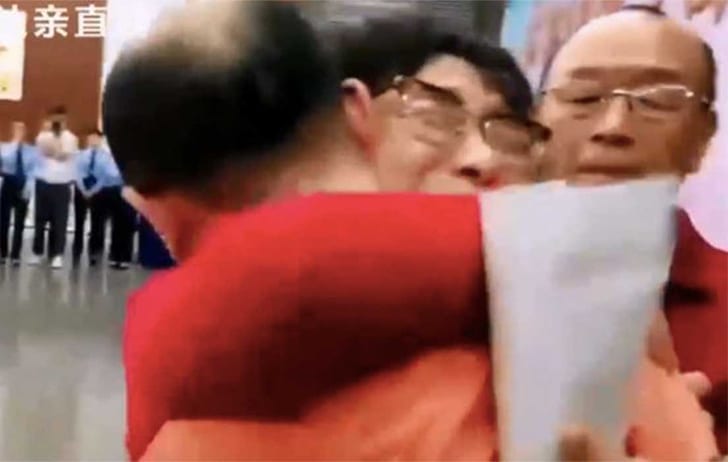
May 10, 2020. The cameras are ready, and so are Li Jingzhi and Mao Zhenjing. With the Chinese media watching over, they were officially going to be reunited with their lost son. Out of a different room comes a 34-year-old man. Naturally, he's no longer a baby nor a child. But his emotional reaction to finally meeting his biological parents was of childlike wonder.
Without hesitating, Mao Ying runs towards his mother and embraces her. She cannot contain her joy: it's her son! With the help of "Reunion," and after 32 years of relentless investigation, she'd finally done it!
The Official Confirmation
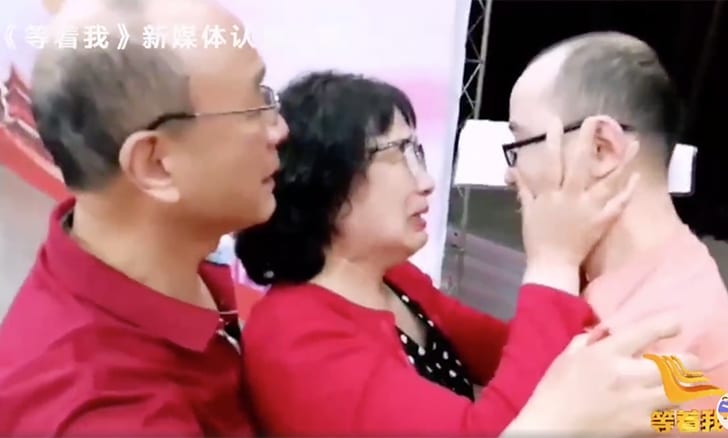
When it comes to meeting a son, a mother always knows. And science didn't take long to back-up Li Jingzhi's opinion. After a DNA test was run, it was confirmed that the 34-year-old man identified by "Reunion" was, in fact, Li Jingzhi and Mao Zhenjing's missing son.
It was a Mother's Day never to forget, and Li even said to the reporters that seeing her son once again was "the best gift I have ever got." The entire country celebrated the emotional moment of the reunion. After decades of searching, one of China's highest-profile missing children cases was finally over.
Sold to a Childless Couple
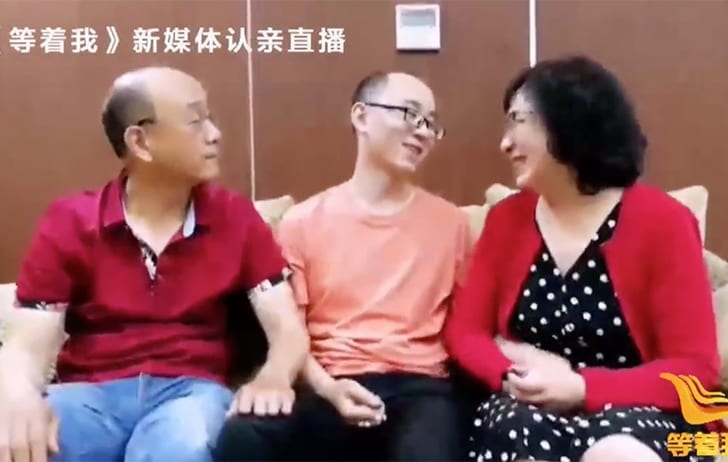
The Chinese authorities have never revealed the identity of the people behind little Mao Yin's kidnapping. Human trafficking is relatively common in China, and it's not easy to solve a crime committed over 30 years ago.
But they were able to get some information from Mao Yin's adoptive parents. A childless couple, they bought him on the black market and raised him as their own. Luckily, Mao Yin's childhood, albeit a lie, was not as hard as one would assume. But the price he was sold for made us gasp: back in the '80s, you could get a baby for 6,000 yuan, which is little less than $850.
A Lost Boy, a Newfound Grown Man
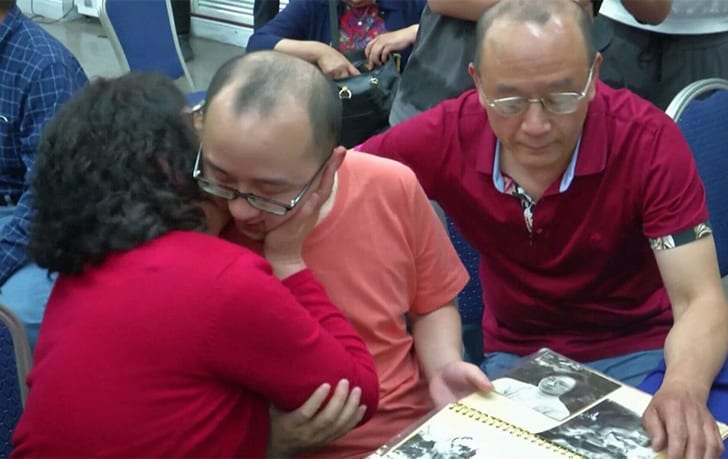
It's impossible to ignore the "elephant in the room." After 32 years missing, Mao Yin was no longer a little boy. He was an adult with a job and a reasonably successful life, who never even knew his real name until very recently.
In fact, Mao Yin spent the first 34 years of his life believing to be Gu Ningning, an adopted young man from Sichuan. Unlike other victims of kidnapping in China, he was given a decent life, and he's even the current owner of a Sichuan home decoration business!
Making Up For the Lost Time
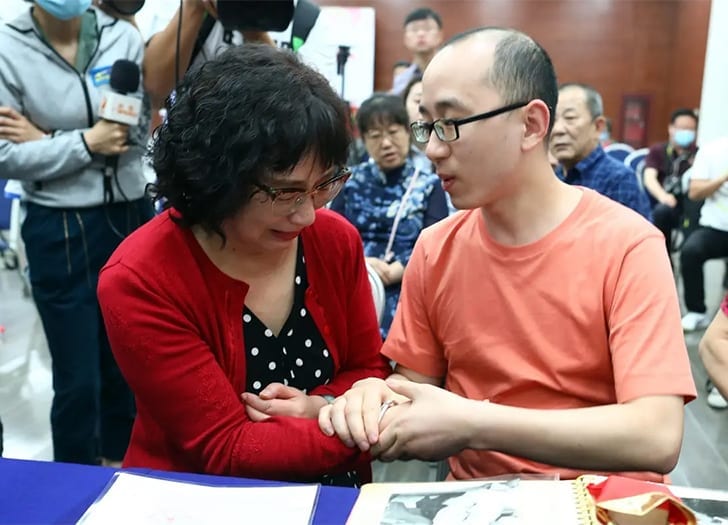
As a reasonable and well-educated adult, Mao Yin knew he had to make right by his parents. He immediately understood all they went through, and he couldn't ignore the fact they were waiting to meet him for over three decades. Despite all the hopelessness and hardships, they never gave up, and they were able to find him.
Mao Yin himself couldn't be happier after meeting his biological parents. And at the moment of the reunion, he assured Chinese media he would move and live with his newfound parents. He was going to make up for all the lost time.
A Thankful Mother
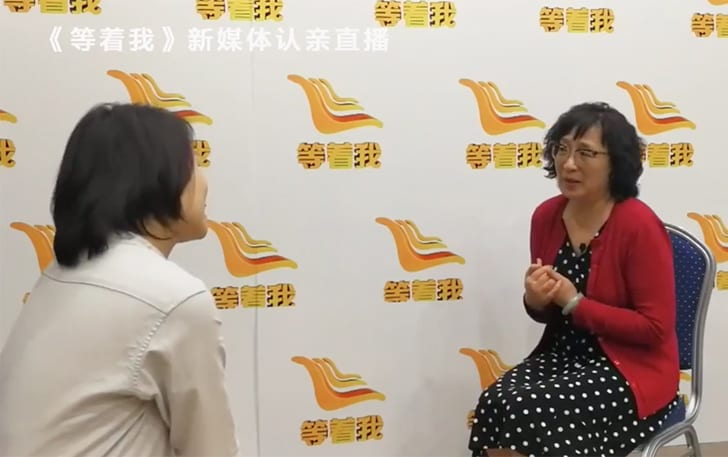
Li Jingzhi was also given a chance to speak with the media, and she started by thanking the many people who had helped her and her husband find their lost son. The assistance of "Reunion" was only a small part of the entire process. Li Jingzhi spent three decades traveling all around China, nailing tens of thousands of fliers to the wall, and investigating over 300 different leads.
Today, she can finally feel like she found closure. Visibly emotional, the ecstatic mother said she's now ready to spend some time with her lost son. She can finally rest, after numerous years of fighting.
Can Facial Recognition Help Parents Worldwide?
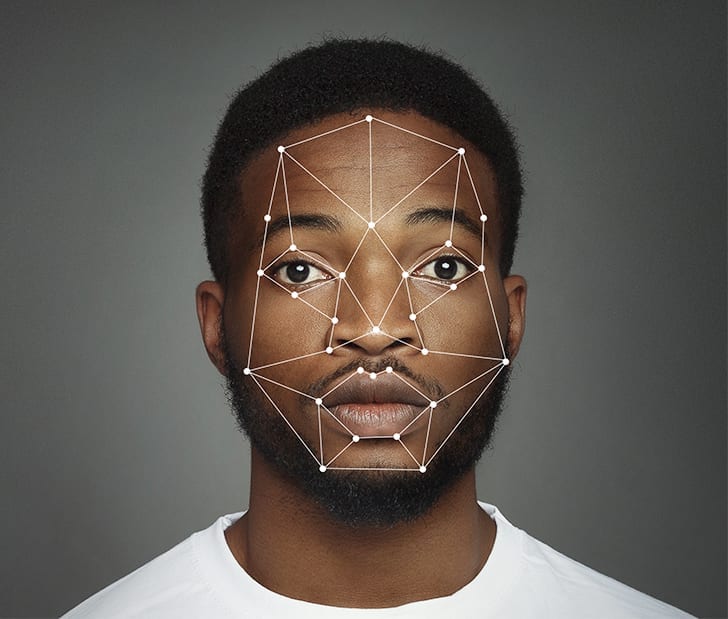
Like all new technologies, facial recognition has its ups and downs. On the one hand, it can be used to control and surveil entire populations. Used as a weapon, it's arguably one of the most effective tools for maintaining power and oppressing ordinary people. On the other hand, it can do some great things for humankind.
As "Reunion" has shown, there is potential for facial recognition to help parents with missing children effectively. While China's national database is probably more thorough than the databases of most governments, programs like "Reunion" can be applied to help parents and missing children all over the globe.
There's Still a Lot to Do!
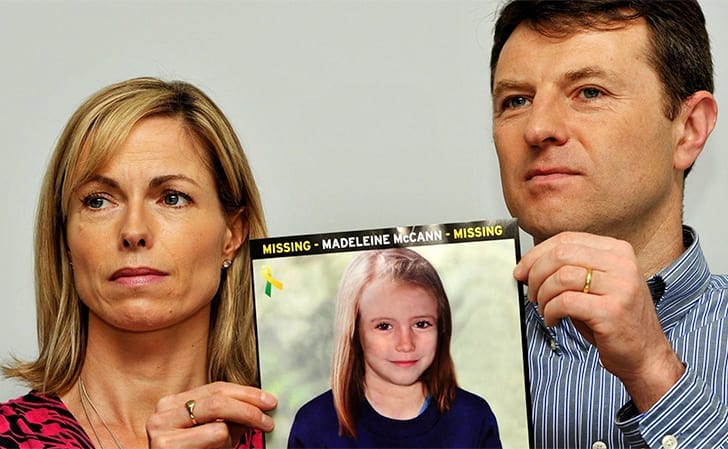
The story of Mao Yin is a feel-good story, with a happy ending worthy of a novel. But there's still a lot to do when it comes to solving the problems of human trafficking and missing children. While Li Jingzhi and Mao Zhenjing had to wait over 30 years to find closure, there are still plenty of parents out there who know nothing about their missing loved ones.
In China and worldwide, desperate parents continue to try to make it through the day while searching for their children. The case of Madeleine McCann, a young British girl who disappeared in 2003, it's just one of the thousands of unsolved missing children cases all around the world. In the U.S. alone, a whopping 460,000 children are reported missing every year.
Celebrating Life
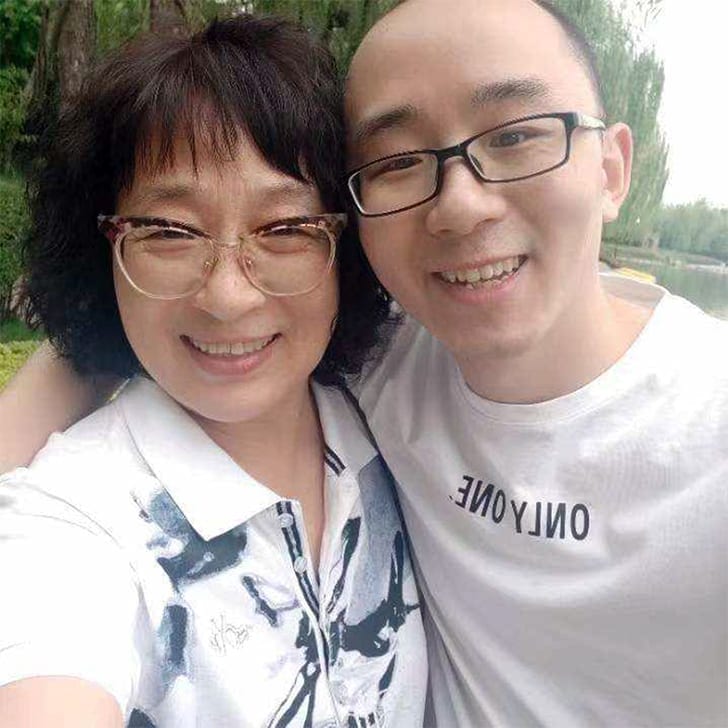
But while the war against human trafficking is far from over, Li Jingzhi's battle ended positively. She's happier than ever now that she can spend time with her son, who's a lovely 34-year-old man with a lot of love to give.
Mao Yin's remarkable story has been spread worldwide, making headlines in about every major newspaper and news website out there. For China, it's a great way of showing the world that good things can come of having a highly-advanced government-sponsored facial recognition database. For Li Jingzhi and Mao Zhenjing, it represented the end of over three decades of hardships and suffering.
Never Stop Giving Back
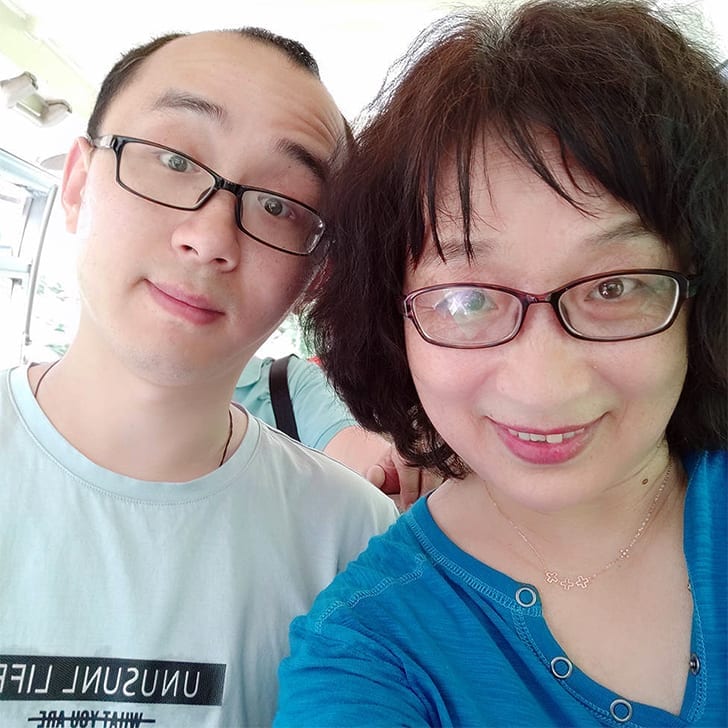
After meeting his biological parents, Mao Yin decided to move back to Xi'an to get to know them a little better. As for Li, she's determined to continue supporting other parents with missing children. Her struggle is over, but she's by no means backing down from the greater war against human trafficking.
Since May 2020, she's continued to collaborate with the "Baby Come Home" organization, which has helped so many parents to find their lost loved ones. As for "Reunion," it's a successful program that's likely to continue to do help to reunite families all over China.
What About Me, How Can I Help?
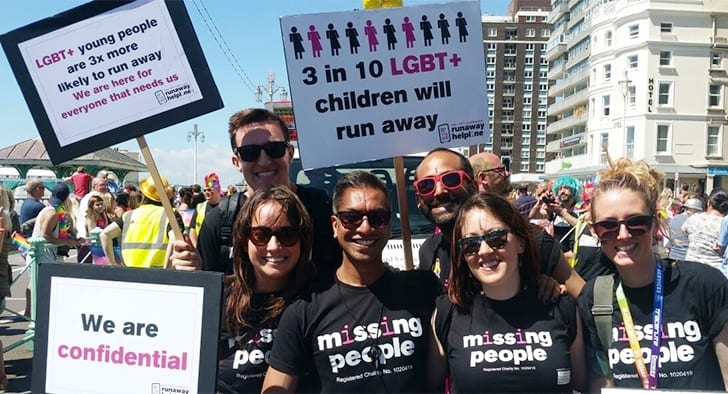
Human trafficking is not an exclusively-Chinese problem. It happens in every country in the world. So, if Mao Yin's story inspires you and you'd like to help families to reunite with their missing loved ones, there's a lot you can do.
Multiple non-profit organizations working to help this cause accept volunteers, such as "Missing People" in England/Scotland and the National Center for Missing and Exploited Children (NCMEC) in the U.S. You can also directly help the parents of missing children or collaborate in the development of critical databases, such as European Union's AMECO. We all can play our part in the evergoing fight against child abuse and human trafficking.
